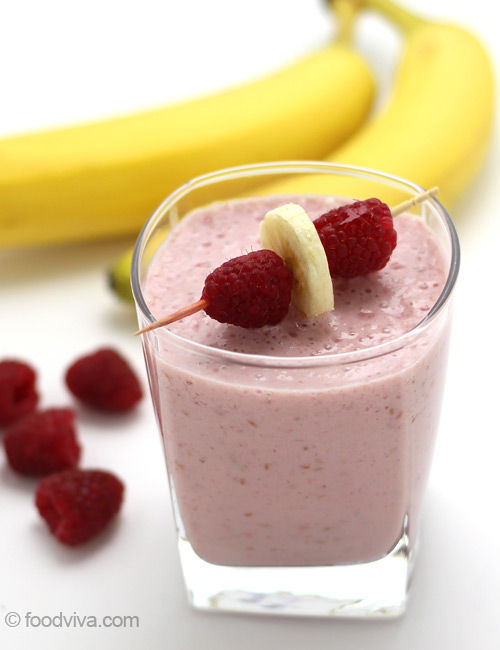Natural Ways to Boost Your Mood
- Chelsea Hoover, MS, RD, LDN
- May 8, 2020
- 4 min read
Updated: Nov 23, 2020
If you're like me, you've probably been experiencing some emotional ups & downs (to say the least) over the past few days, weeks, months... what day is it? It's easy to feel like there's a lot that's out of our control right now, which can make it difficult to keep our spirits up. Fortunately, we have a number of natural resources that we can utilize to enhance our wellbeing, including a few mood boosting recipes to check out below...

1. Mood Enhancing Foods:You are what you eat! When you eat crap, you feel like crap. When you eat well, you feel well. In general, this is a good rule of thumb to live by, but luckily there are certain foods that help optimize how we feel.
Fermented Foods: Up to 90% of serotonin is produced in the gut, which means a healthy gut corresponds with a healthy mood. Try adding foods like kombucha, kimchi, yogurt, kefir, and sauerkraut for gut health and mental health.
Fatty Fish: Foods like salmon, herring, and canned tuna are high in Vitamin D and Omega-3's - both help to improve mood.
Dark Chocolate: 1-2 squares of 70% or greater dark chocolate can increase the "feel good" chemicals in your brain.
Bananas: High amounts of B6 in bananas help produce serotonin and dopamine. The natural sugar and fiber also help stabilize blood sugar which keeps your mood more balanced throughout the day.
Beans & Lentils: B6 and other "feel good" nutrients in beans & lentils can increase serotonin, dopamine, and norepinephrine.
2. Get Sunlight & Fresh Air:
Anyone who experiences seasonal depression can vouch for how greatly it impacts their mood and sleep cycle. This is largely due to lack of Vitamin D production through sunlight exposure. Vitamin D not only plays a huge role in regulating mood and fighting depression, but it can also help prevent diseases and boost weight loss. Exposure to nature and natural sunlight helps us feel better emotionally by lowering blood pressure & heart rate, and reducing the production of stress hormones like cortisol. If getting outside more often isn't an option for you, here are a few other suggestions...
Increase your Vitamin D intake through foods. Unfortunately, there aren't a ton of natural sources outside of sunlight, but foods like salmon, sardines, egg yolks, shrimp, fortified milk, yogurt, & OJ can help improve Vitamin D levels.
Supplementation: Vitamin D deficiency is one of the most common deficiencies in the world. Recommended Vitamin D intake is 400 - 800 IU's/day to maintain optimal blood levels.
Try a sunlamp: Studies show that sunlamps can boost mood, increase energy level, regulate sleep, and improve focus. I recommend Circadian Optics... as seen on Shark Tank.
3. Physical Activity:
As we know, exercise has a direct effect on stress levels by reducing stress hormones like cortisol and adrenaline. This does NOT always need to be a rigorous or long workout. Something as simple as a 15-20 minute walk can be enough to clear your mind and reduce stress. What else can physical activity do for us?
Change the focus: Exercise helps shift your focus from the mind to the body. When your mind is racing, let your body help out.
Reduces depression: Physical activity increases serotonin which regulates mood, sleep, & appetite
Increases endorphins: This is the "feel good" chemical in your brain as well as a natural pain killer. Who doesn't want more of that?
4. Breathing Exercises:
This is one of the best (and easiest) forms of stress management. When we breathe deeply, it sends a message to the brain to relax. Your brain sends this message to your body, which helps slow breath & heart rate, and lowers blood pressure.
Deep breathing exercises: Put one hand on your belly, breathe deeply through your nose (let your belly push your hand out), hold the breath briefly, & exhale slowly through your mouth. Repeat this 5-10 times. Notice how you feel after each breath.
Practice yoga: This is a great way to combine the benefits of physical activity with breathing exercises. Yoga itself helps reduce cortisol levels, stress, anxiety, muscle tension, and blood pressure, but it's also a great way to practice guided and controlled breathing.
5. Be Thankful:
Even at our lowest, we always have something to be thankful for. Expressing gratitude helps us focus on what we have, instead of what we lack.
Write a thank you note: Try sending a letter to someone now and then. It'll make you feel good and most likely brighten someone else's day. Better yet, try writing one to yourself.
Thank someone mentally: Sometimes we forget to thank someone in the moment. Take a second to acknowledge a kind gesture & send out some good karma!
Keep a gratitude journal: Whether you write it down or share it with someone you love, reflect on the positive vs. the negative each day.
Meditate: Mindful meditation teaches us how to focus on the present moment, and gives the mind a break from the outside world.
Mood Boosting Recipes




Remember, a little bit can go a long way. Taking a few minutes each day to dedicate to your mental health can be more beneficial than you think.








Comments